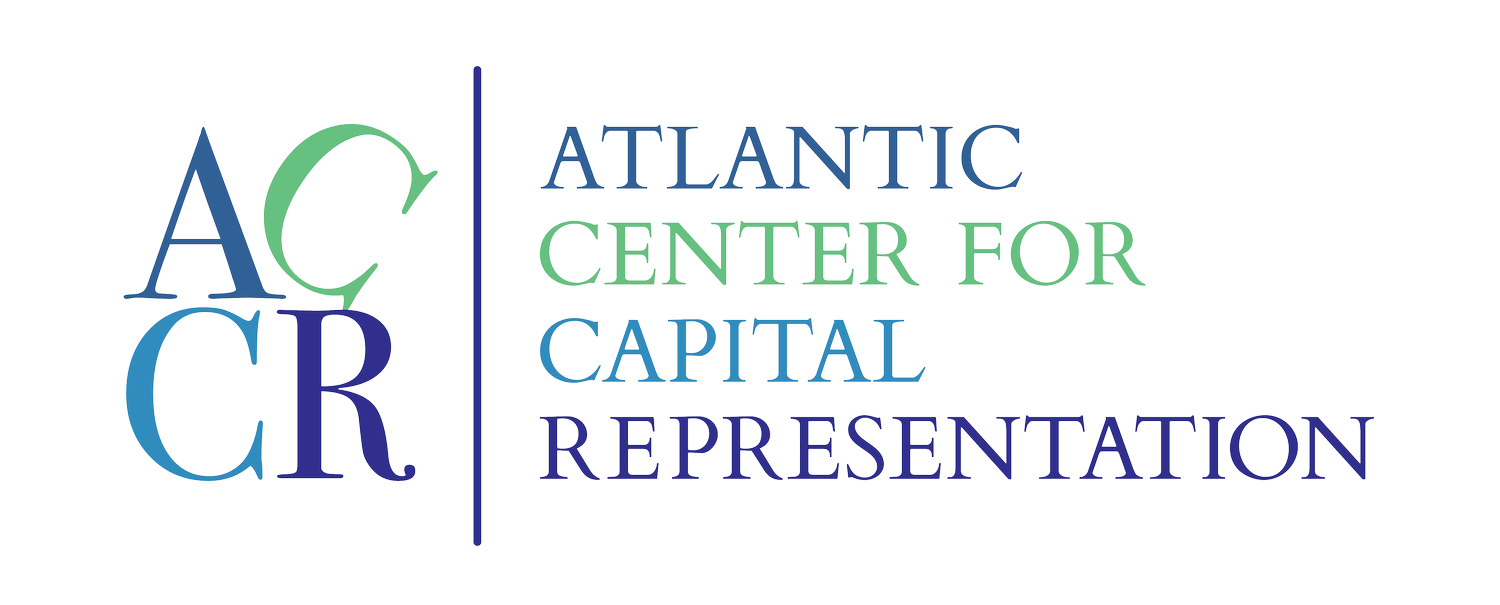New Survey Research Shows Pennsylvanians Prefer Alternative Sentences Over the Death Penalty
Press Release 10.8.25

CONTACT: Andy Hoover, Atlantic Center for Capital Representation, andy@hoovercomms.com, 717-256-1293
Kathleen Lucas, Pennsylvanians Against the Death Penalty, klucas@padp.org
HARRISBURG - New public opinion data from Harrisburg-based Susquehanna Polling and Research shows Pennsylvanians overwhelmingly prefer life sentences instead of the death penalty for people convicted of murder and have little or no trust in the government to apply the death penalty fairly. The poll also showed a notable drop in respondents’ preference for capital punishment from similar research in 2015.
In a survey of 704 likely Pennsylvania voters conducted the week of September 22, 58% of participants said that they prefer some version of a life sentence for a person convicted of murder over a death sentence. Just 29% of respondents said that they prefer the death penalty, a significant decrease in support for capital punishment from ten years ago, when 42% of Pennsylvania-based respondents said that they preferred a death sentence over life sentences when responding to a similar question in a 2015 poll by Public Policy Polling.
The survey was supported by Pennsylvanians Against the Death Penalty, the Atlantic Center for Capital Representation, and the Death Penalty Policy Project. It has a margin of error of 3.7%.
“We can live without the death penalty, and this survey shows that most Pennsylvanians prefer life over death,” said Kathleen Lucas, executive director of Pennsylvanians Against the Death Penalty. “The people are ahead of our legislators. There’s a bill in the state House to repeal capital punishment, and it’s supported by both Democrats and Republicans. It’s time for the General Assembly to bring the commonwealth’s use of the death penalty to an end.”
Introduced by Rep. Russ Diamond (R-Lebanon County), House Bill 888 is currently before the House Judiciary Committee.
The survey asked respondents, “Which punishment do you believe is the most appropriate for people convicted of murder: life in prison with no possibility of parole, life in prison with a chance for parole after at least 40 years, life in prison with a chance of parole after at least 20 years, or the death penalty?”
Among those who responded, 38% chose life in prison with no possibility of parole, 12% chose life with parole after at least 40 years, eight percent chose life with parole after at least 20 years, and 29% chose the death penalty.
The survey also asked respondents for the reasons why they support a particular sentence. Among those who preferred a life sentence, 45% of respondents cited the risk of executing an innocent person as the reason for their position, the most widely chosen option in the survey. Other rationales included, “It is morally or ethically wrong to take a life,” which polled at 34%, and, “There is a possibility of rehabilitation or redemption,” which was chosen by 31% of people who supported a life sentence.
“Pennsylvanians prefer alternative sentences to death for a number of compelling reasons, both practical and philosophical,” said Frances Harvey, executive director of the Atlantic Center for Capital Representation. “Many recognize the risk of executing an innocent person. Some understand that the criminal legal system is unfair and prone to error. And some reach their conclusion for faith-based or moral reasons. Whatever their rationale, Pennsylvanians know that the death penalty is not working and prefer alternative sentences.”
The research is the first known polling to ask Pennsylvanians about the death penalty since Governor Josh Shapiro announced his intention to continue the moratorium on executions implemented by his predecessor and called on the legislature to repeal capital punishment in February 2023. In October of that year, the Pennsylvania House Judiciary Committee passed a bill sponsored by Rep. Chris Rabb (D-Philadelphia) to repeal capital punishment in a bipartisan vote, but it was not considered by the full House.
The survey, which was conducted by telephone and reached people via cell phones and landlines, also asked, “How much do you trust the government to apply the death penalty fairly and without bias or favoritism — do you trust the government completely, a great deal, a fair amount, only a little, or not at all?” Fifty one percent said “only a little” or “not at all,” with another 7% responding they were not sure how much they could trust the government.
Nearly two thirds of all Democrats and half of all Republicans doubted the government’s trustworthiness to fairly apply the death penalty, with 60% of Democrats joined by 40% of Republicans saying they had little or no trust in government administration of capital punishment. Just 32% of GOP voters and 16% of Democrats responded that they trusted the government “completely” or “a great deal.”
It’s been 26 years since the commonwealth executed someone and more than 60 years since Pennsylvania executed someone who hadn’t given up their appeals. Meanwhile, more than 200 Pennsylvania death sentences and convictions have been overturned due to serious legal errors in the last four decades.
There are currently 95 people on Pennsylvania’s death row.
###
